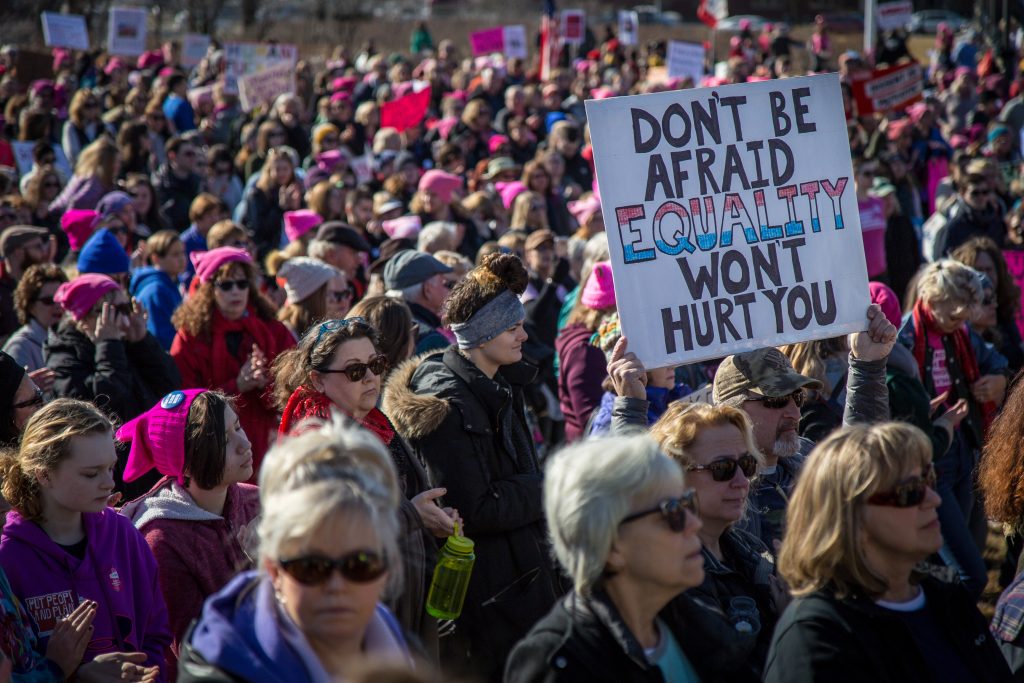On March 8, 1908, an estimated 15,000 women garment workers, many of whom were immigrants, marched through New York City demanding better pay, shorter work hours, and the right to vote. These women workers ignited similar actions around the world, and the first International Women’s Day was celebrated the following year.
This year’s International Women’s Day comes at the convergence of several social movements that have reinvigorated the fight for gender equality, such as #MeToo and #TimesUp.
Keeping with this revolutionary spirit, here are five articles from the Tricycle archives that highlight trailblazing Buddhist women who challenge the status quo in Buddhist circles and beyond.
Buddhism’s Second Class Citizens
When the Australian Tibetan Buddhist nun Ayya Yeshe ordained 16 years ago, she took off her robes that same day to go to work, because she had to pay rent to the Buddhist center where she lived and studied. Though this lack of material support isn’t unusual, it’s threatening the future of the Tibetan tradition in the West, she writes.
Making the Sangha Whole Again
Even though the Buddha permitted full ordination for women, nuns in the Theravada Buddhist tradition have been barred from receiving this distinction for nearly a thousand years. Learn how Ayya Anandabodhi and Ayya Santacitta, two female monastics who run a rural training center in California, are working to revive the bhikkhuni sangha and support other women on the path.
What Dogen Would Say About #MeToo
Zen master Eihei Dogen was calling for women’s equality and an end to misogyny back in 13th-century Japan. As the #MeToo movement gains momentum, Dogen’s words can both inspire and challenge us to seek out injustices in society (and perhaps before there’s a trending hashtag).
Roused from a Dream
Lineage sits at the core of Zen. But for centuries, transmission documents only listed men. Now there are two charts in the Soto Zen tradition: the traditional male lineage chart and the new women ancestor document, which shines a light on the names and accomplishments of Zen women who have been downplayed through the ages.
The Man-Made Obstacle
Throughout Buddhism’s history, female birth has been regarded as an unfortunate obstacle that has been said to make awakening extremely difficult, if not impossible. But if obstacles are considered to be beneficial on the path, why is female birth regarded differently?
Thank you for subscribing to Tricycle! As a nonprofit, we depend on readers like you to keep Buddhist teachings and practices widely available.
